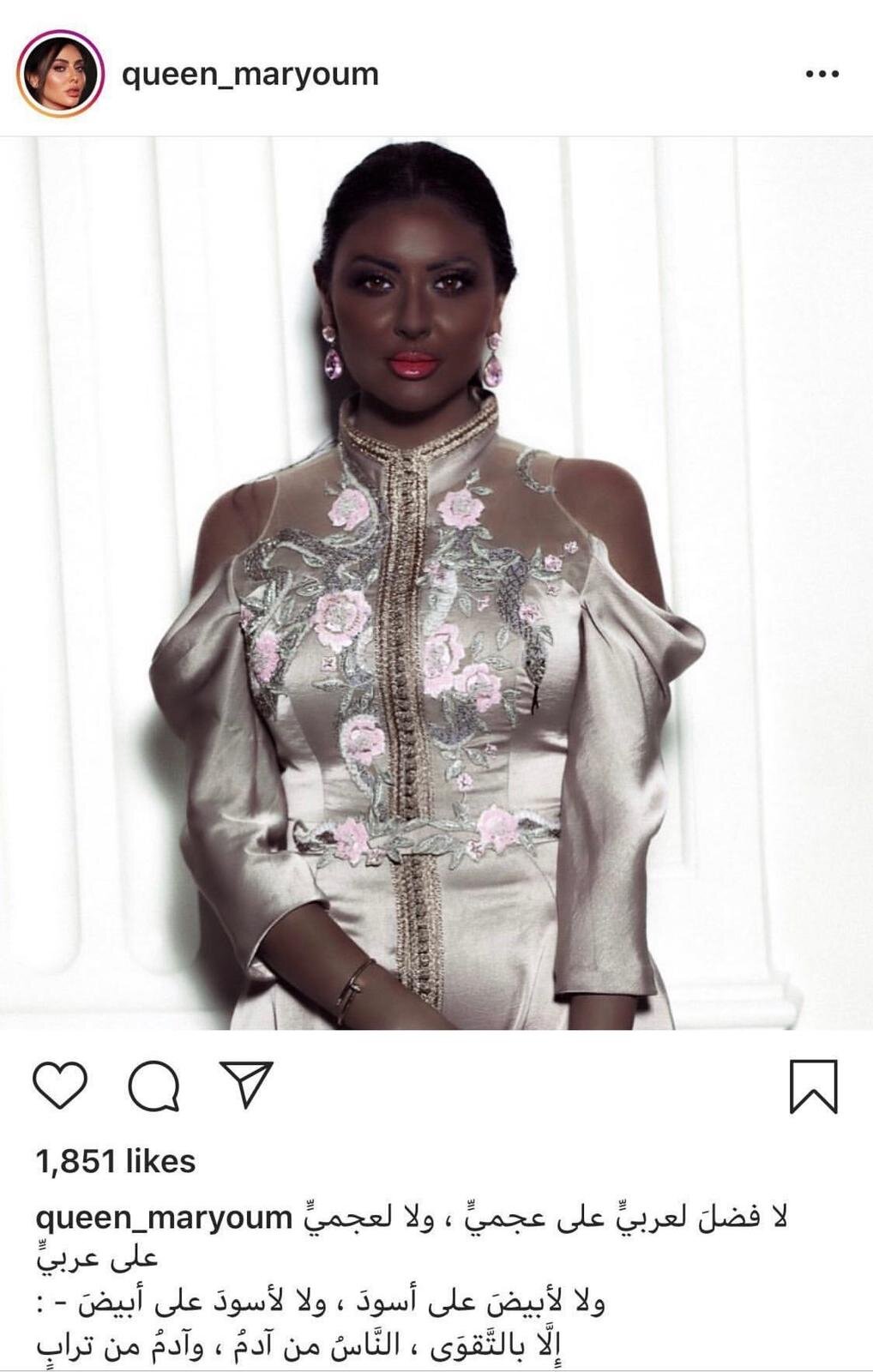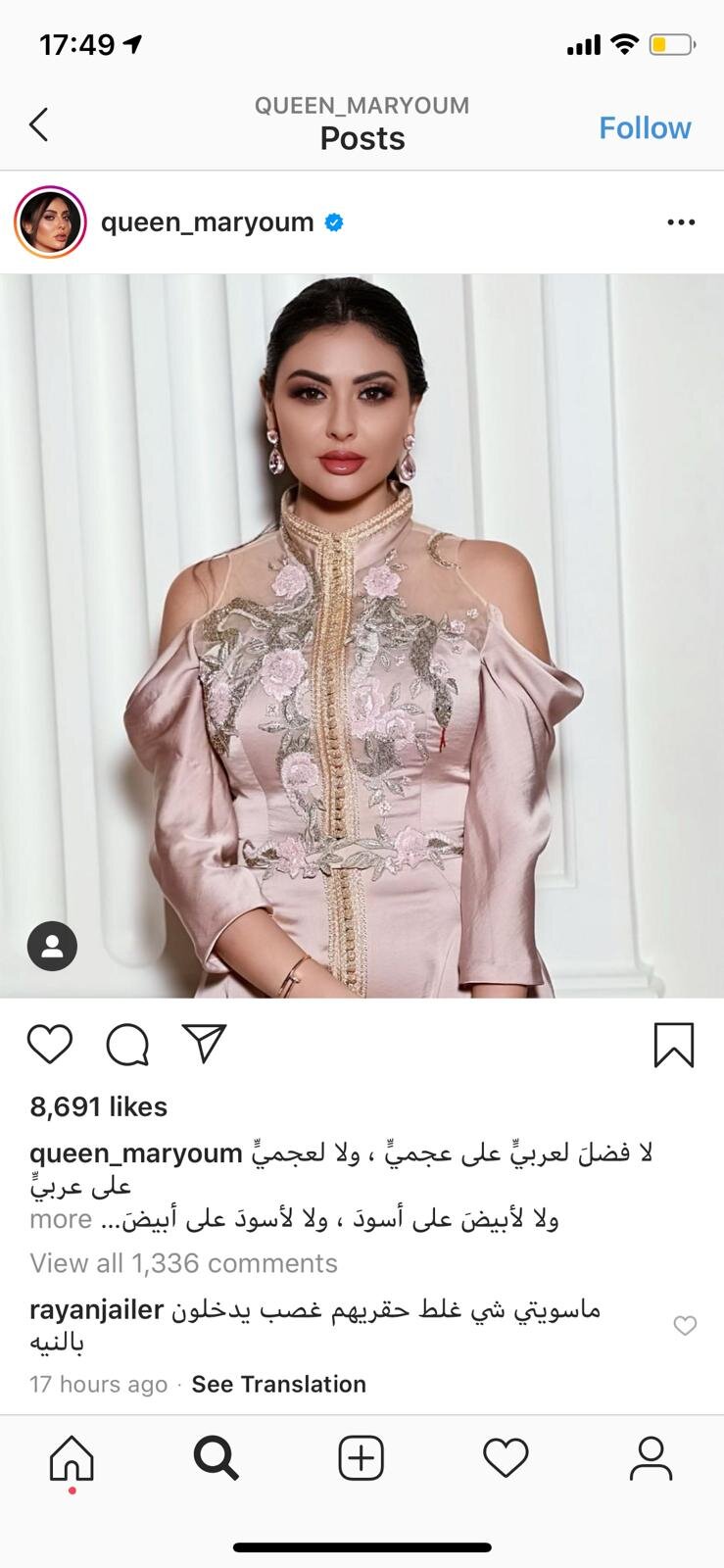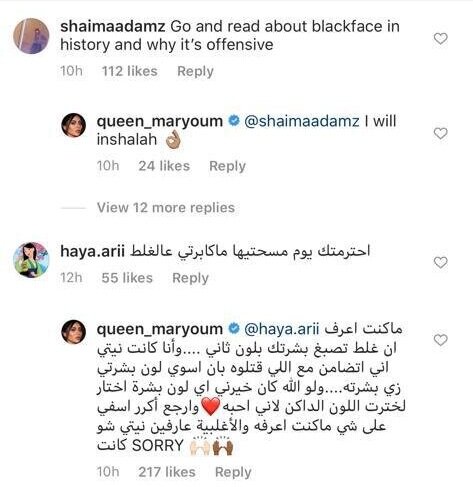Kuwait’s residents have no shortage of complaints about their home - its lack of entertainment options, the impossibly high cost of real estate, its deeply engrained structural racism, its ‘beigeness’ - are all thorns in our feet. Liberals think it’s too conservative and conservatives think it’s too liberal. The government sector is a running joke, even to those who run it. Kuwait’s once-renowned freedom of press is wearing thin, too - with crackdowns on writers and journalists in newspapers and on Twitter abounding (although there’s some good news, too).
Given our world-class status at bitching and moaning, why is art criticism in Kuwait so lagging?
A few years ago I was standing with friends outside a pop-up restaurant, and of course in our small town we found ourselves saying hi and catching up to scores of people, one of them was a woman who had recently put on a performance that we’d attended.
“So good to see you!” my friend said, “I loved your performance!”
“Thanks so much habibti, I’m so glad you came,” the woman responded. The rest of us smized silently - we don’t know the woman personally - and continued talking. We chatted amongst ourselves, interrupting each other to say our hellos to our various acquaintances, friends, cousins, colleagues, teachers, students, classmates, frenemies and thankfully, no ex-boyfriends, until we were seated.
All night I was haunted by this white lie.
The three of us had attended said woman’s performance - gripping our seats and trying not to cringe visibly at how cheesy it was. Afterward we’d agreed, the acting was too literal and the writing was chockfull of bad puns and entendres, all that was missing from the presentation was someone trailing a tear with their finger as it rolled down their cheek.
Why couldn’t my friend have said the work was brave? Or that the format was fresh? If she specified her praise, and saved her criticisms until they were solicited, then she would have participated in a much more honest exchange. Instead, she did what many of us in Kuwait do after facing the creator of a bad piece of art - lie.
Or, as we say in Arabic - injaamil - we give exaggerated praise, often in the form of platitudes.
We do this because we want to be liked. Because we live in a small town, in even smaller circles, and we don’t want to be the one with offensive opinions. But doesn’t our art suffer as a result?
I’ve lived in places like Beirut that have the opposite problem (though the town is just as small). The critique each other’s work TO DEATH. But you know what? Their work gets exported. It goes places, it travels the world…because it’s workshopped constantly by the artist’s friends, family, peers, predecessors, and like, the Uber driver that picks you up from the exhibit opening.
Kuwait could learn to give - and take - criticism. So this year, I started doing a roundup of what art was being created around town and gathering opinions on it. Hence, THE REVIEW was born. You can find all the episodes on the Abaih World IGTV and YouTube channels.
Enjoy! And of course, feel free to give me your raw, honest opinion in the comments section below.







